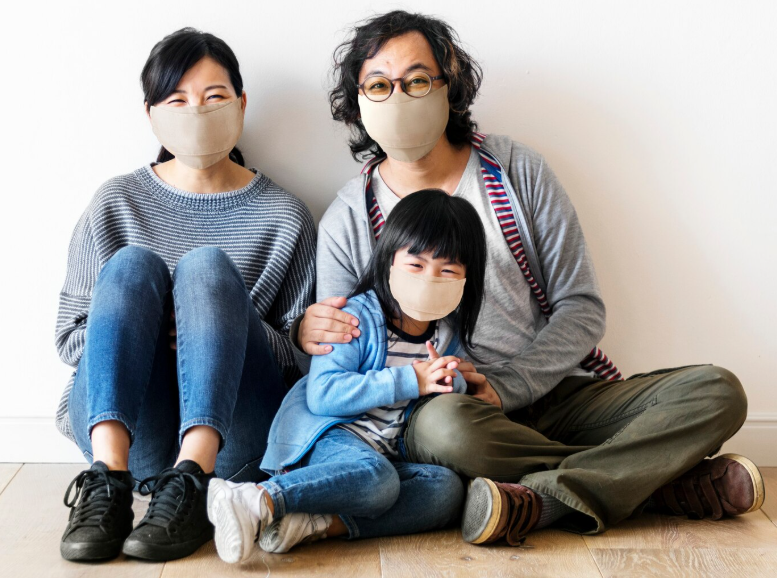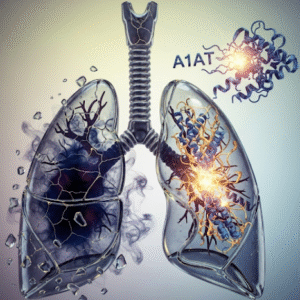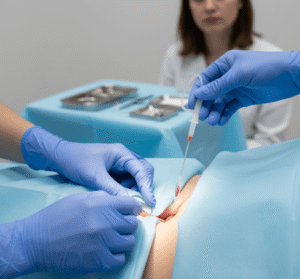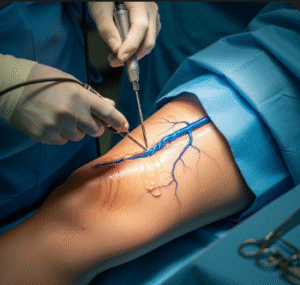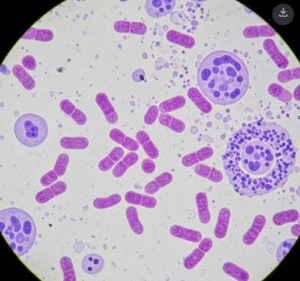Overview
Growth Hormone Deficiency (GHD) is a medical condition in which the pituitary gland produces insufficient growth hormone, leading to stunted growth in children and metabolic issues in adults. In Korea, specialized pediatric endocrinology and adult endocrinology centers provide advanced diagnostic testing, hormone replacement therapy, and comprehensive follow-up care to manage the condition effectively.
Symptoms
- In children:
- Slow or delayed growth compared to peers
- Short stature or below-average height
- Delayed puberty
- Increased body fat, particularly around the abdomen
- Reduced muscle mass
- In adults:
- Decreased muscle strength and energy
- Increased body fat, especially abdominal fat
- Reduced bone density leading to osteoporosis
- Fatigue and poor exercise tolerance
- Emotional changes, including low mood or poor quality of life
Causes
Growth hormone deficiency can be congenital or acquired:
- Congenital causes:
- Genetic mutations affecting the pituitary gland
- Structural abnormalities of the pituitary or hypothalamus
- Acquired causes:
- Pituitary tumors or surgery
- Head trauma or radiation therapy
- Infections affecting the pituitary
- Autoimmune or vascular disorders
Risk Factors
- Family history of pituitary disorders
- Birth complications leading to pituitary damage
- Tumors or brain injuries affecting the hypothalamus or pituitary
- Chronic illnesses in children affecting growth
Diagnosis
In Korea, diagnosis involves a combination of clinical evaluation and laboratory testing:
- Measurement of growth patterns in children
- Blood tests to measure growth hormone and insulin-like growth factor 1 (IGF-1) levels
- Stimulation tests to assess growth hormone secretion
- MRI scans to detect pituitary or hypothalamic abnormalities
- Bone age assessment in children using X-rays
Prevention
While congenital GHD cannot be prevented, acquired cases may be minimized through:
- Early treatment of pituitary tumors or brain injuries
- Monitoring children with chronic illnesses for growth delays
- Prompt evaluation of growth abnormalities in childhood
Treatment Options in Korea
Treatment focuses on hormone replacement and supportive care:
- Growth Hormone Therapy
- Recombinant human growth hormone (rhGH) injections
- Dosage tailored to age, weight, and severity of deficiency
- Regular monitoring of growth response and side effects
- Supportive Care
- Nutritional counseling to ensure adequate caloric and protein intake
- Exercise programs to enhance muscle strength and bone density
- Psychological support for children facing social or emotional challenges
- Monitoring and Follow-Up
- Regular growth measurements in children
- Periodic blood tests to monitor IGF-1 and hormone levels
- Adjustments in therapy based on growth progress and adult metabolic needs
Prognosis
With timely diagnosis and appropriate hormone replacement, children with GHD can achieve near-normal height and improved quality of life. In adults, growth hormone therapy helps improve body composition, bone density, and overall well-being. In Korea, access to specialized endocrinology centers ensures that patients receive effective, personalized treatment and long-term follow-up care.

